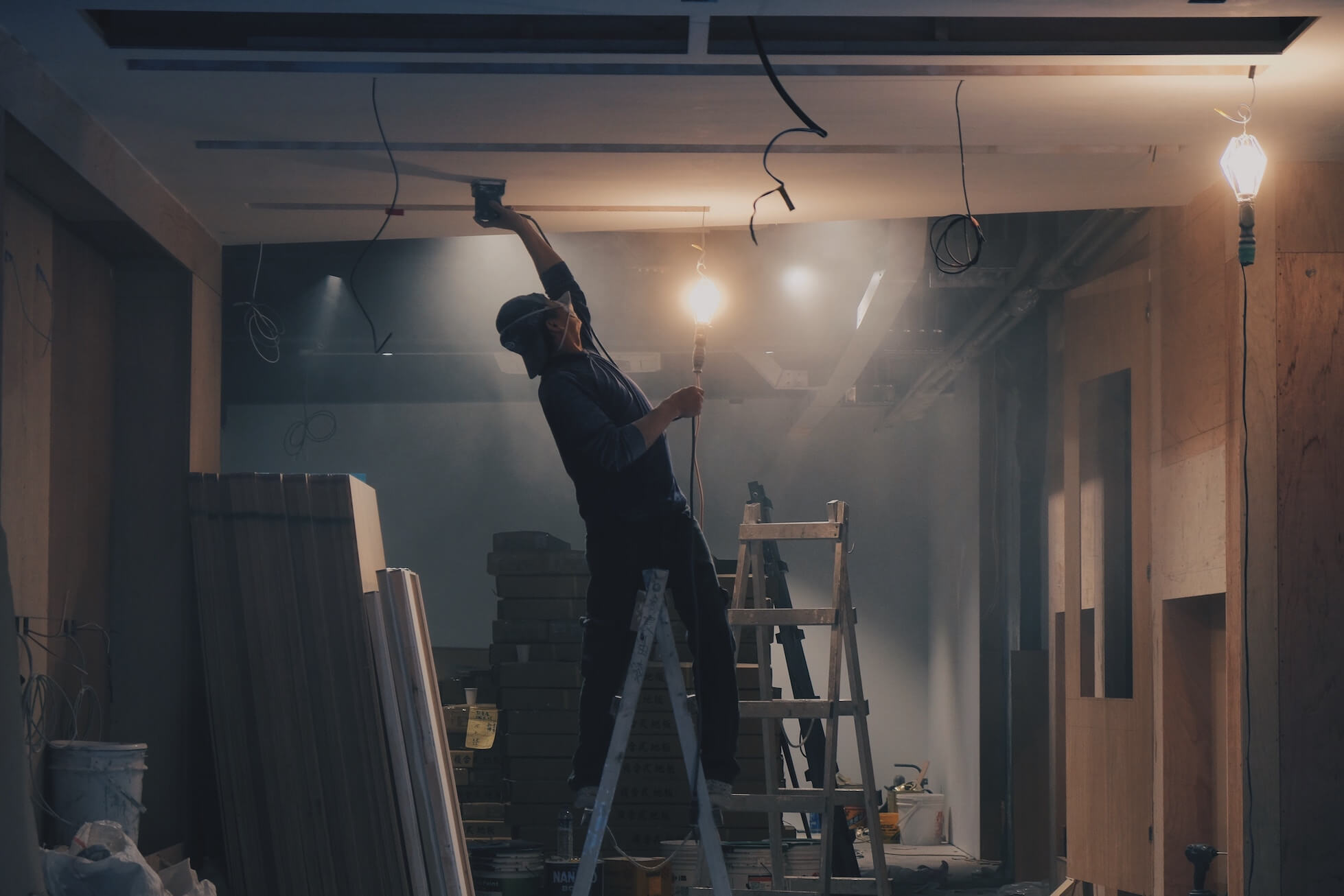A real bugbear of mine and my clients when budgeting for an office move is the ugly topic of dilapidations at the end of a lease commitment.
My brief synopsis on the process of dilapidations goes as follows…
…the majority of standard office leases in the UK contain clauses which force the Tenant to return their office to a clear open plan format when they leave. On top of redecorating and recarpeting, this usually means that all meeting rooms, kitchens, desks, chairs and any additional fixtures and fittings will need to be removed. The Landlord and their advisor will normally assess the cost of carrying out the works and either accept a cash settlement from the Tenant or alternatively, the Tenant will carry out the works themselves.
The costs associated with dilapidations are astronomical. To put things into perspective, a 30 person office with a full dilapidations claim will incur, on average, a cost to the Tenant of between £25k and £45k. The numbers really are eye watering.
On a more serious and somewhat timely note, I happened to be reading a post on LinkedIn from a rather distressed Managing Director who had just been served a hefty dilapidations bill. Since submitting the post and receiving 89 comments on the matter, the Landlord has retracted the claim (a massive result…well done!). This is clearly a cause of concern for a number of business owners. It also sounds like the Landlord was trying it on, which isn’t the first time we have heard of such a situation.
A question we are often asked by our clients is…”can we just leave our meeting rooms and kitchen? They are really good quality and have only just been installed.” Well yes, in theory you should be able to, particularly if the company moving in after you wants them. However, the majority of UK leases state that as the Landlord has granted you the right to install them, you should also have to remove them.
As an example, we had one client recently looking for a new office, who requested as part of the brief, for us to try and find a fully fitted office to limit capital expenditure. We found a great office near Old Street and as part of the negotiations, we categorically stated that we wanted to keep the fixtures and fittings currently in place. However, because the outgoing Tenant couldn’t agree on a dilapidations sum with the Landlord, the items were removed and thrown in a skip. An absolute waste of money and time for everyone involved. Something really needs to change.
As with all our moans and groans about the property industry, we will always champion the Tenant, but more importantly, we just want things to be fair and sensible for modern day life. Whilst Landlords are fully aware of the processes and the cost involved with dilapidations, how would a Tenant know if a dilapidations claim is fair or not? How are they meant to know that there are specialist companies who can assist? Do they just have to accept what the Landlord claims? We have heard that Tenant’s often do and this really does need to change.
We also understand that from the Landlord’s perspective, they will want their shiny new floor back to the condition they started with. However, to make the process more transparent, would it not be more simple to have an agreed fixed cost at commencement of the lease? This would allow an FD and Landlord to know the precise amount and budget accordingly. This would remove the lengthy and costly process of negotiating the figure which can sometimes go on for months after the Tenant has vacated. The rate could be set by an RICS independent panel or based on a simple rate per sqft and adjusted annually in line with building costs and inflation.
In addition, should a Tenant not be offered the right to pass on the current fixtures and fittings to an incoming Tenant and sold as part of a new lease? I am still to meet a Tenant who wouldn’t like to walk into an office with half the meeting rooms already installed and a kitchen already in place. A Landlord forcing a Tenant to remove them or cough up cash instead of having to do so, seems ridiculous. If anything we should be thinking about the environment and ongoing waste issues we have here in the UK, this could be a simple and very cost effective way for both Landlords and Tenants to help reduce our pressure on the globe.
I am sure there are other ways to make things fairer and the suggestions above are just one way to simplify the process. However, it is clear that the murky world of dilapidations needs more transparency and fairness, so that Tenants are fairly charged and advised correctly.
This is of course a very high level view of the subject. If you would like more info, then I would recommend speaking to an expert (we have one at Making Moves – you can get in touch here) or if you have a spare day or two, you could try and translate the guidance on the RICS website.
Tobi Crosbie, Founder and Managing Director



